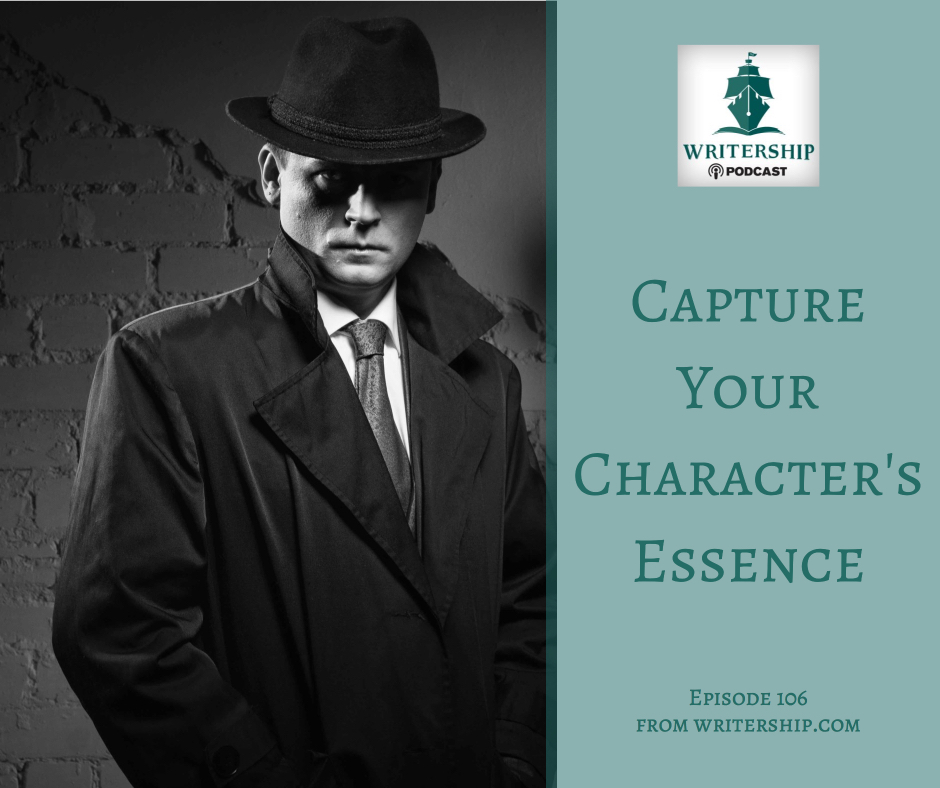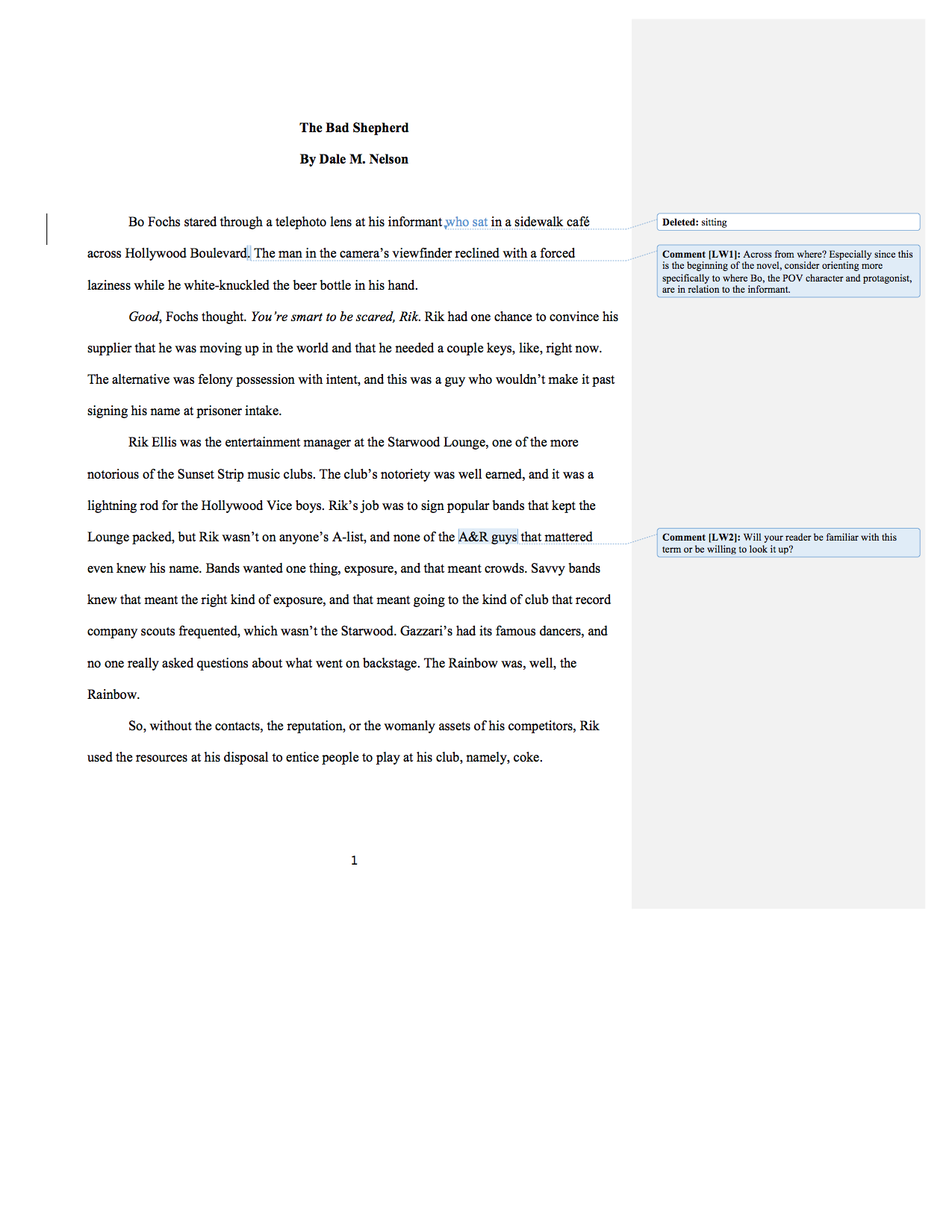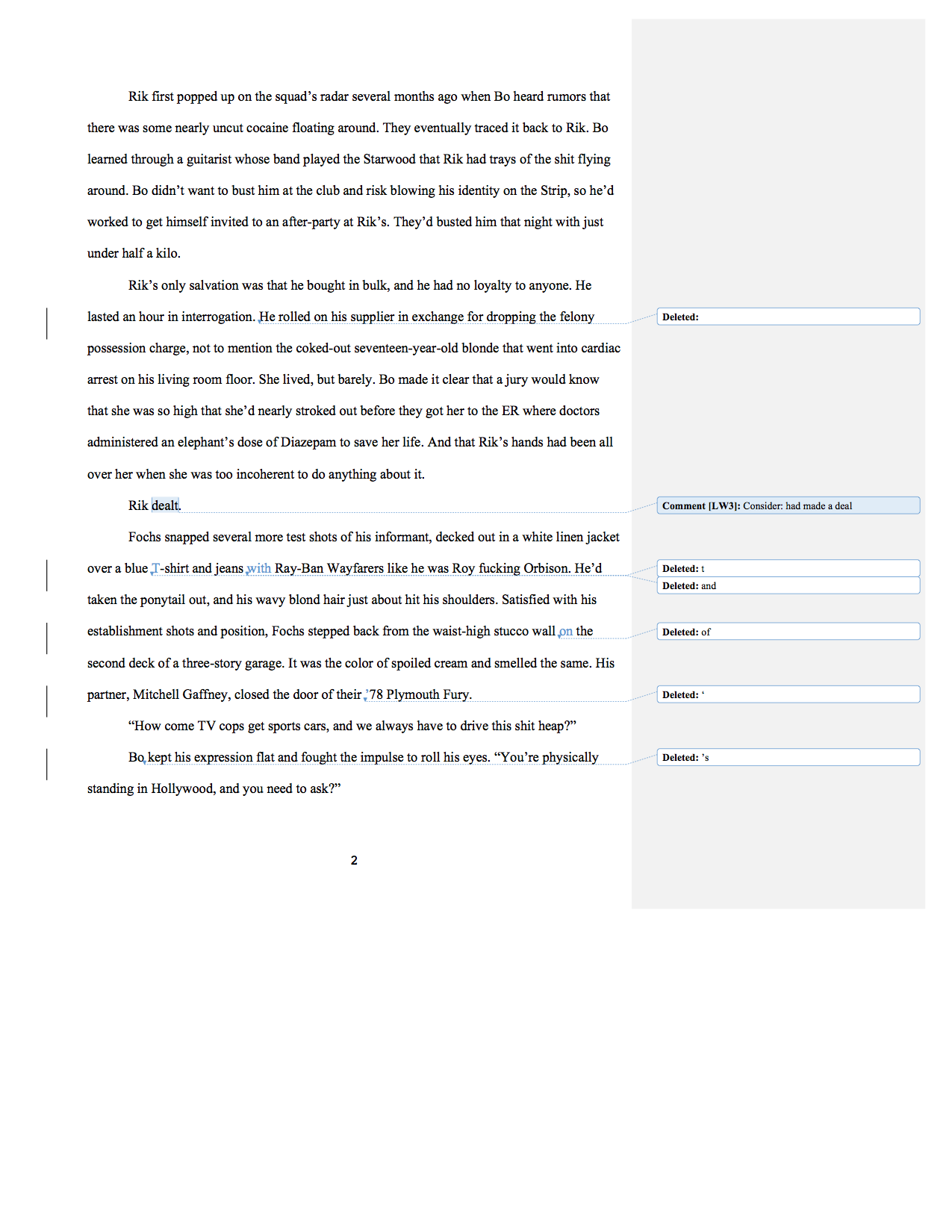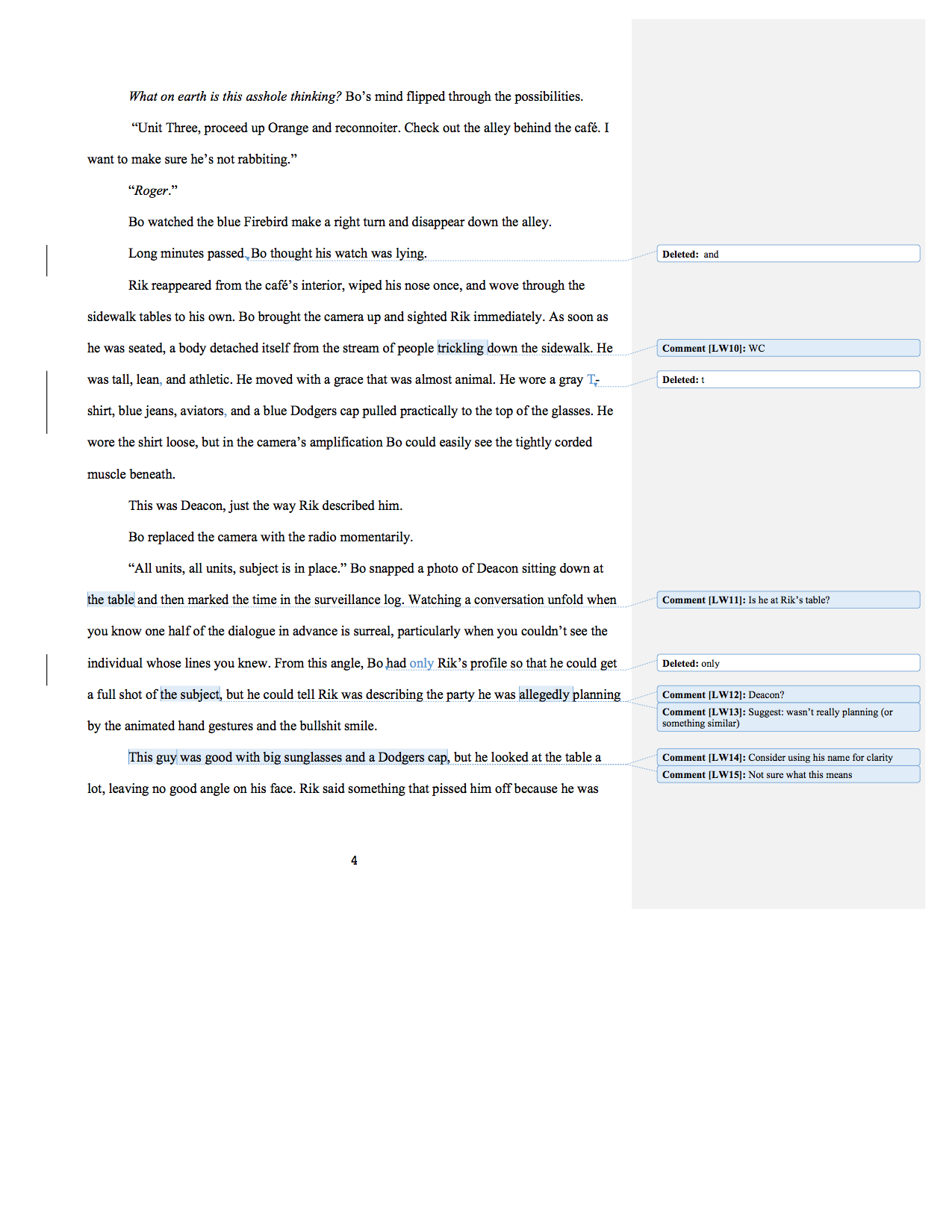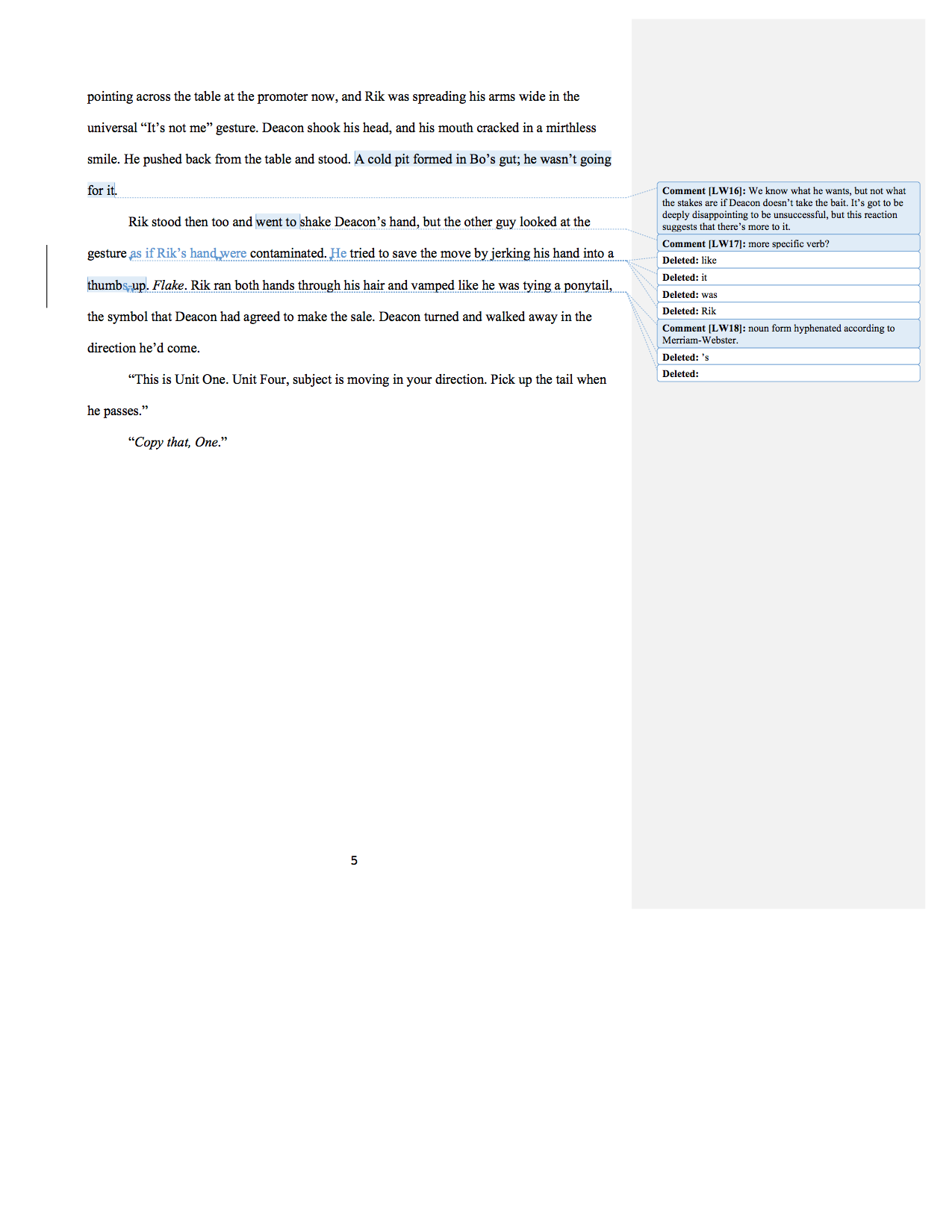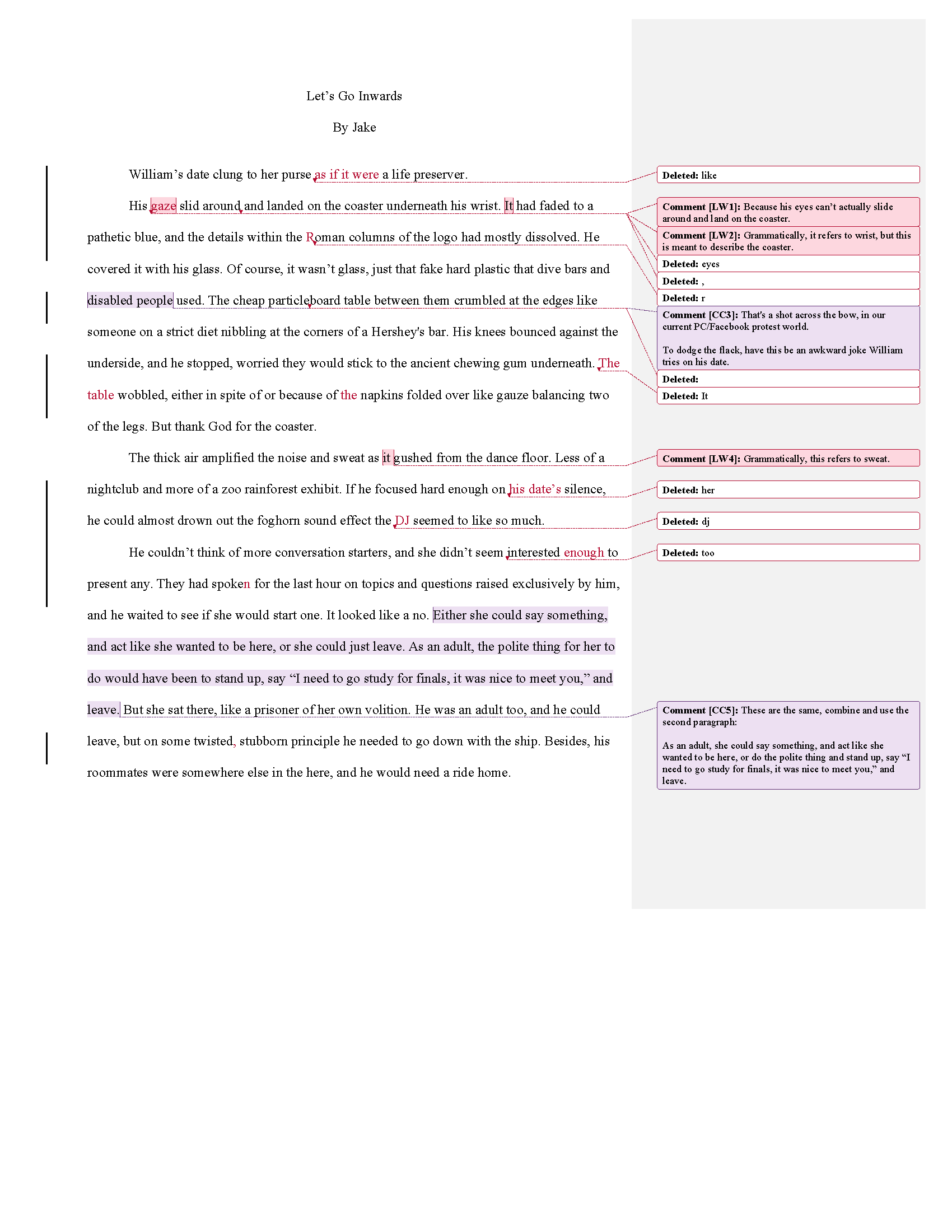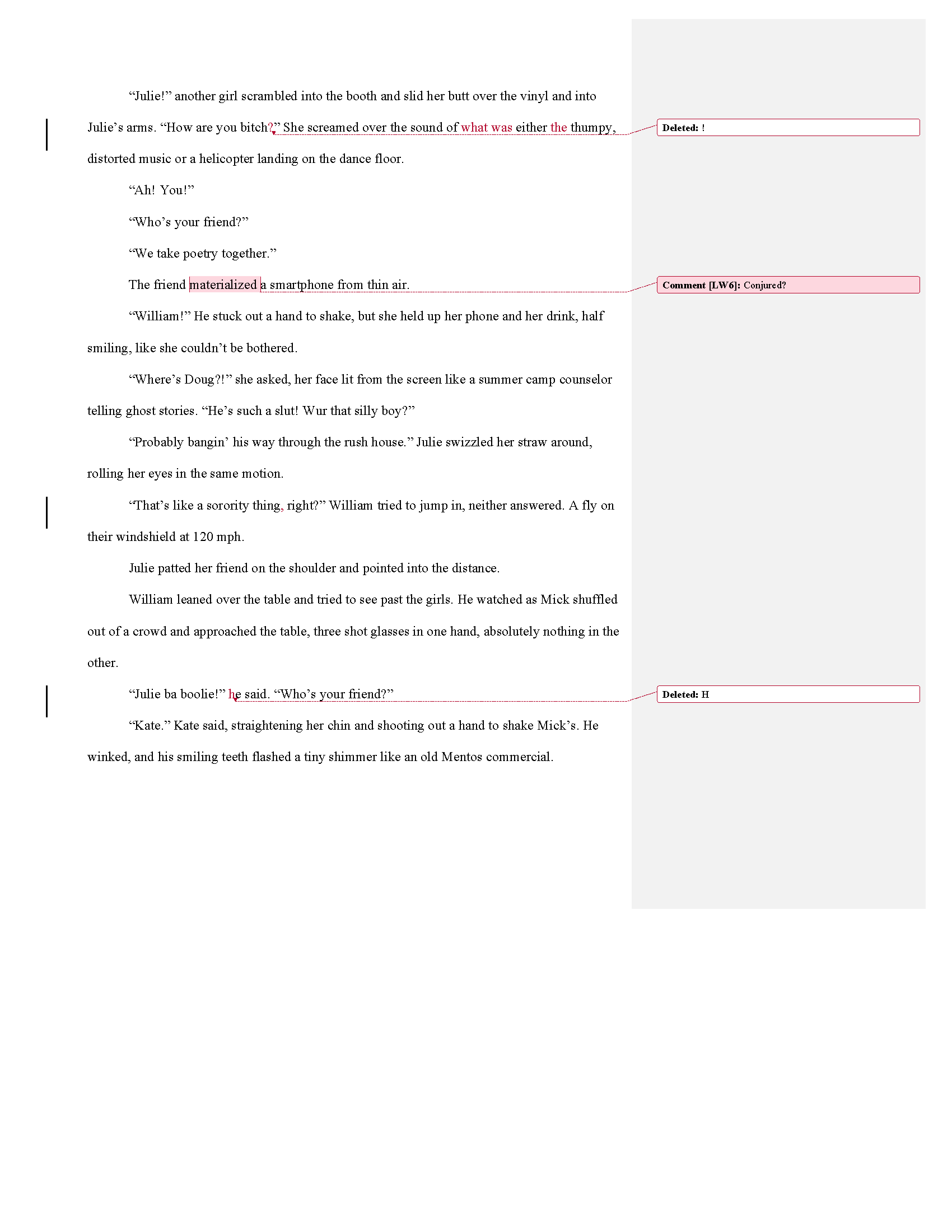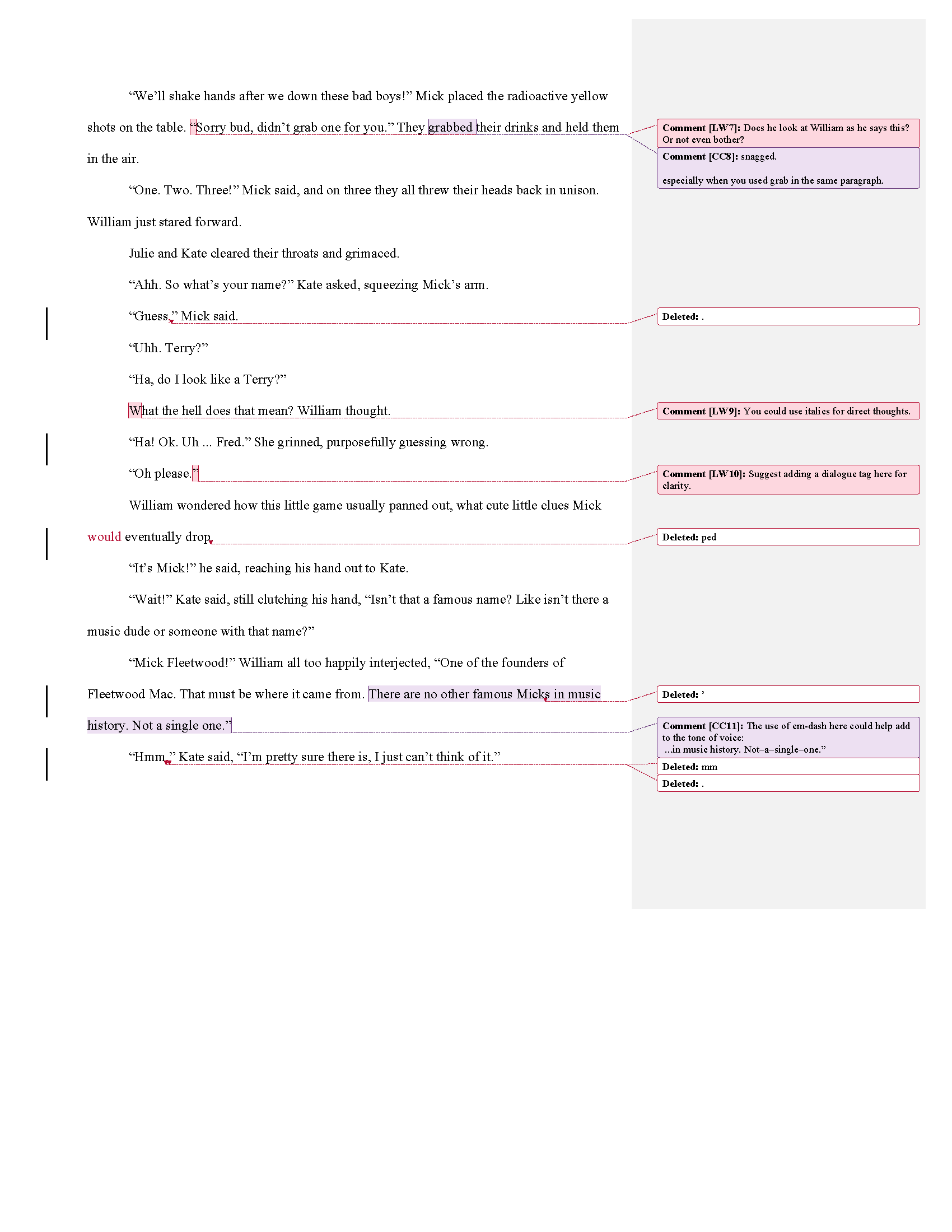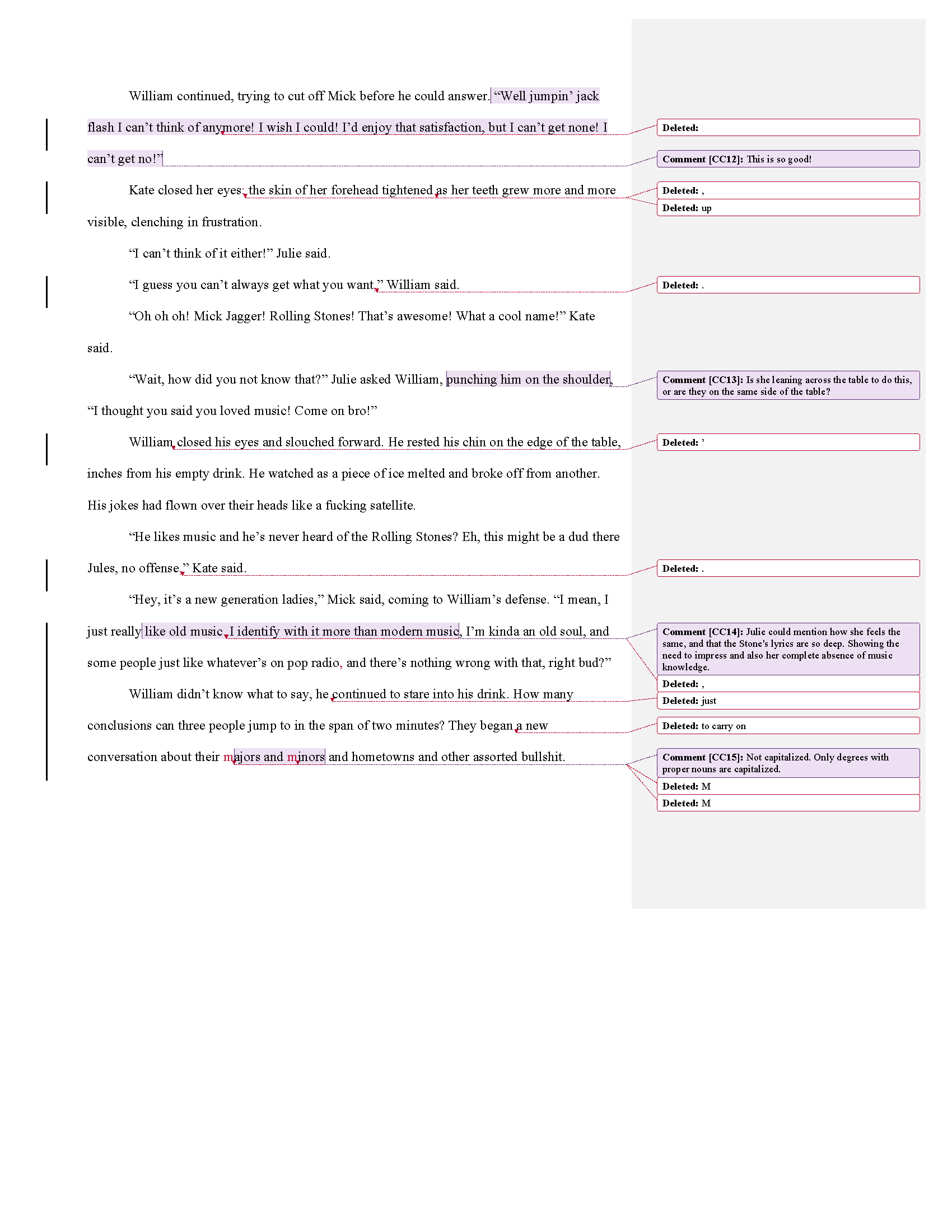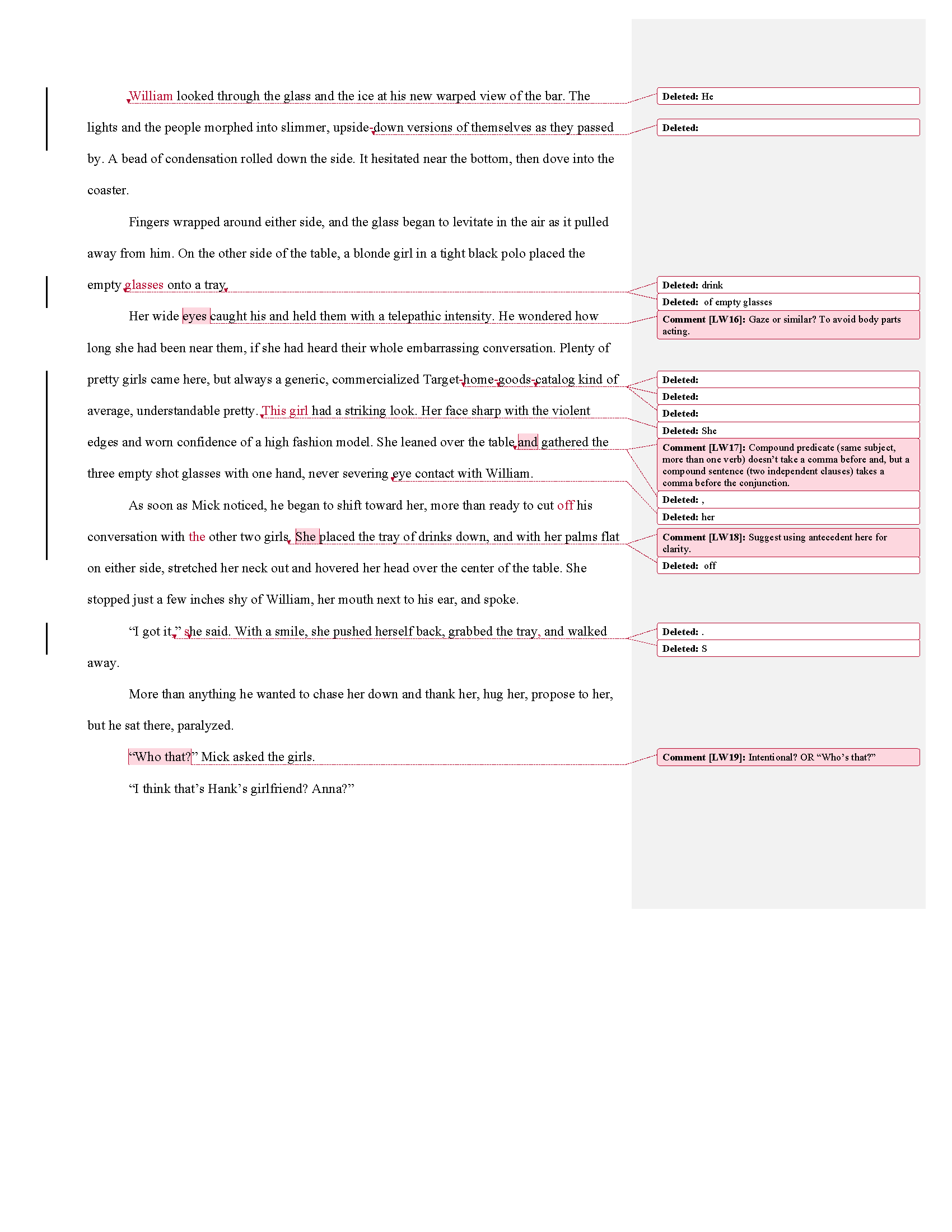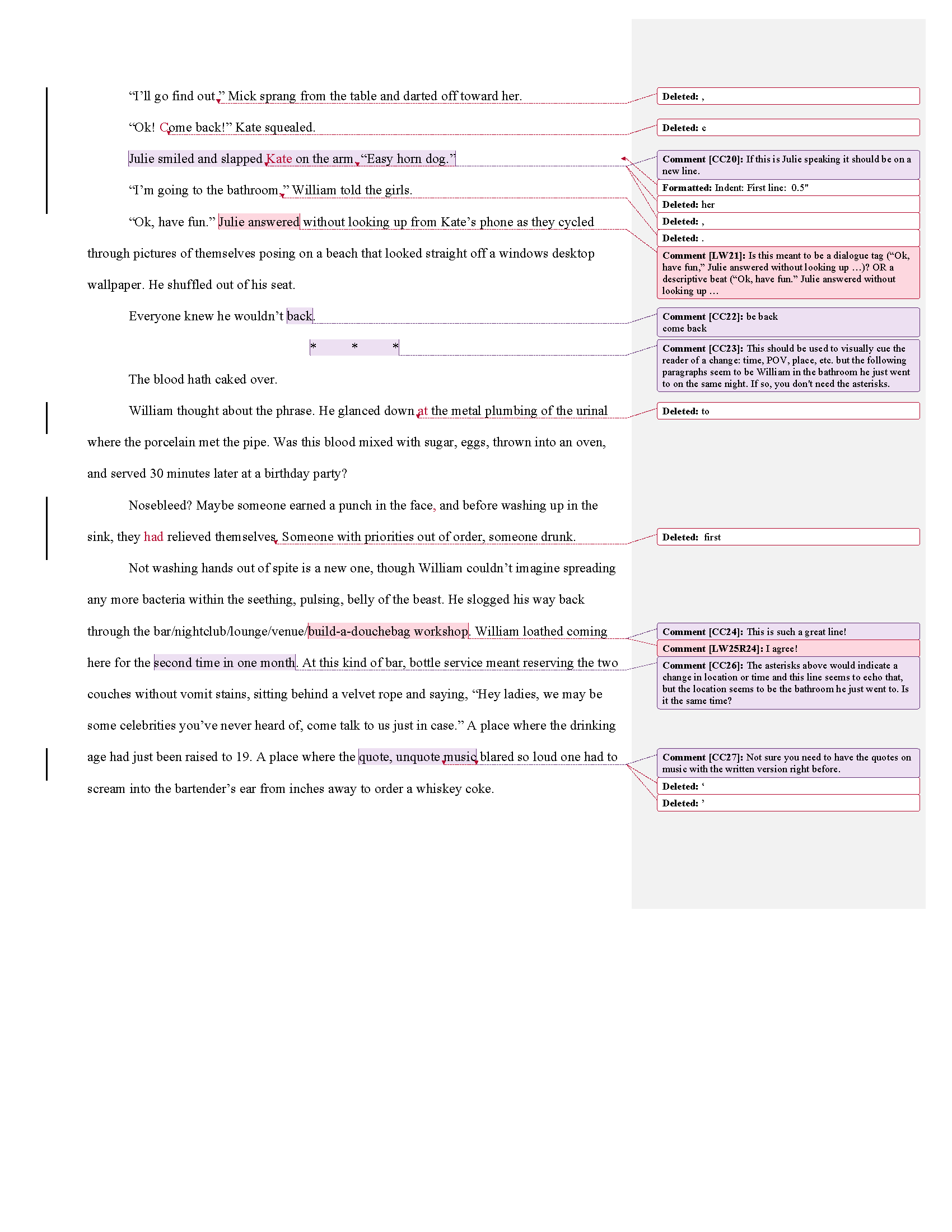In this episode, fiction editor Leslie Watts and guest fiction editor Anne Hawley critique the opening pages of The Bad Shepherd, a published crime story novel set in Los Angeles in the 1980s by Dale M. Nelson. They discuss characters, how to make them relatable, and how to make sure you’ve captured their essence in your story.
Listen to the Writership Podcast
This week's submission contains colorful language and drug use.
About Our Guest Host
Clark is away for a couple of weeks, but our friend and fellow editor, Anne, has graciously agreed to jump in and help out.
After a career in public service during which she wrote fiction to stay sane, Anne Hawley has turned her talents to writing professionally.
As a founding member of the Super Hardcore Editing Group and a graduate of Shawn Coyne’s Story Grid Workshop, she writes and edits from her small house in Portland, Oregon. When she leaves the house it’s usually on her Dutch bike, Eleanor.
Her forthcoming novel, Restraint, is a sweeping historical love story about a gifted and sexually repressed artist in Regency London. Under the dangerous gaze of high society, he must deny his attraction to the young nobleman who has hired him to paint his portrait, or else risk his livelihood and his reputation by giving in to his secret desires. It's Pride and Prejudice meets Brokeback Mountain in a bittersweet story of two men who fall in love in a time and place where homosexuality is still a capital offense.
Wise Words on Characters
“Story is as much (if not more) about characters as about plot. They are your plot—their needs, wishes developments. Their introduction and establishment should be foremost on your mind. Even if you begin with heavy plot action, character introduction should be integral to this action, and the action of the plot should not be just for its own sake, but should serve to further growth of the participating characters.”
Mentioned in the Episode
The Bad Shepherd is available to buy here.
If you love podcasts like we do, you might enjoy a new one from C. Steven Manley, called the Story Shots podcast. Manley is a longtime storyteller and the author of the Paragons trilogy and Brace Cordova space opera series. The episodes are short (thus shots) and full of insights and practical tips. You can find the Story Shots podcast on Apple podcasts and Stitcher.
Editorial Mission—Capture Your Character’s Essence in a Sentence
Write a one-sentence description of each character that includes their name, who they are in the story (could be their position or status), and something of what makes them unique and also hints at what they want or need. You could start with this [Name] is a [status, position] who [does, thinks, believes something]. Try to limit each sentence to twenty-five words. Here are two examples:
Elizabeth Bennet is a marriageable, middle class woman with no fortune, who thinks wealthy people are prideful, and will marry only for love.
Charlotte Lucas is a middle class spinster who prefers to marry a ridiculous man she doesn’t respect than be a burden on her family.
Use this sentence as a jumping off point for introducing your character by showing who they are through action, dialogue, description, or reactions.
Editing Advice to Our Author
Dear Dale,
Thank you so much for your submission. Anne and I really enjoyed your opening! You did a great job of conveying the hardboiled/noir aspect of the story and dropped it into LA in the early 1980s. There are lovely parallels in terms of crime, drugs, and music. You’ve shared some incredible concrete details in this opening that make for a rich setting for the story. The Plymouth Fury, club names, and the clothing all come to mind.
I had some trouble with Bo Fochs as the protagonist and POV character in this first scene because we get one action (he’s looking through the viewfinder of a telephoto lens at his informant) and one internal thought (Good, you’re smart to be scared, Rik.) before we read a page of backstory about Rik Ellis is and why he’s sitting in a café across the street from our protagonist and POV character. This information is relevant to the scene (though it might be more powerful to withhold it and leave some mystery about what’s going on), but we don’t have an opportunity to know who Bo is.
We find out why Rik is sitting in the café, his motives (at least insofar as Bo knows them), and what he has at stake. We don’t have this for Bo, however. We don't know what he looks like, which may not be the most important thing (and some authors purposefully let the reader fill in the blanks), but if he engages in story action in the future (fighting, chasing, etc.), it would be good to have an idea of how he would do (we find out, for example, that Gaffney is fit and fast). You’ve revealed some reaction after the backstory, but still not enough that for me to have a sense of who Bo is so we’re ready to jump in the Plymouth Fury with him and join him on his adventures.
It’s important to note, though, that Anne wasn’t bothered by this, so when considering this, you would want to tap into your sense of the story and where it goes from here.
Of course, you want to allow for some mystery about who Bo is; you wouldn't want to share everything we’ll ever need and want to know about Bo right here, but consider what does the reader need to know to relate to him (some challenge, emotion, situation that your ideal reader can relate to) and care about whether he’s successful in his scene/story goal (what he wants/needs, what’s at stake if he’s not successful).
On a somewhat related note, we’re getting Bo’s direct thoughts, and we seem to be in third person limited POV, rather than omniscient. It seemed unlikely that while he’s doing the stakeout that he would be (necessarily) thinking about all the elements of the backstory include—absent a compelling trigger in the present. Consider what would he naturally be thinking about as the scene is unfolding before him.
Thanks again for sharing your opening with us. It was a fun trip to another time and place!
All the best,
Leslie
Line Edits for Our Crime Story
Image courtesy of Demian/bigstockphoto.com.

